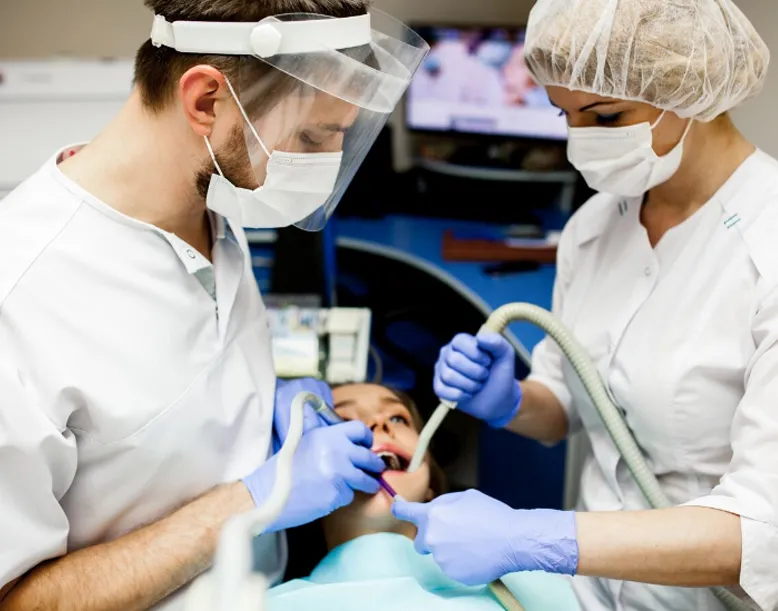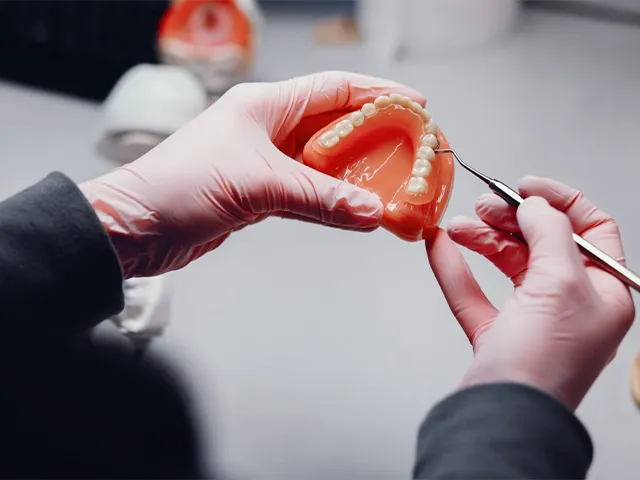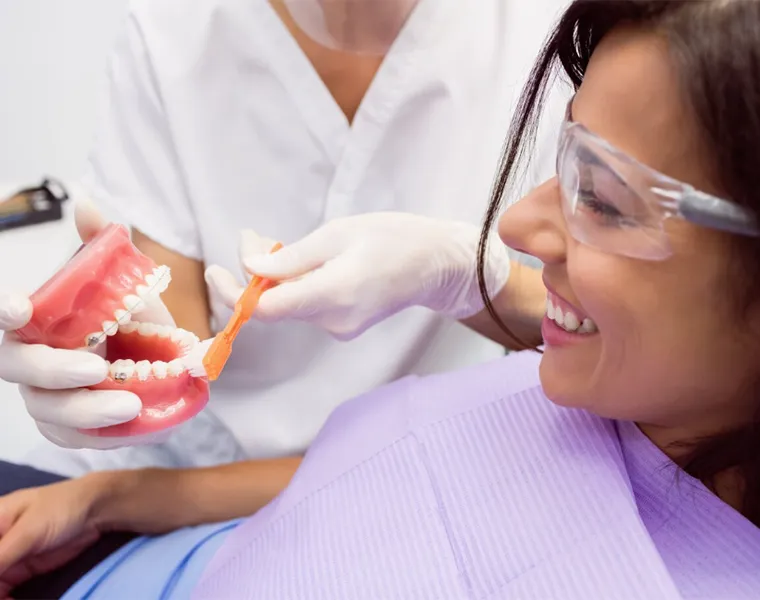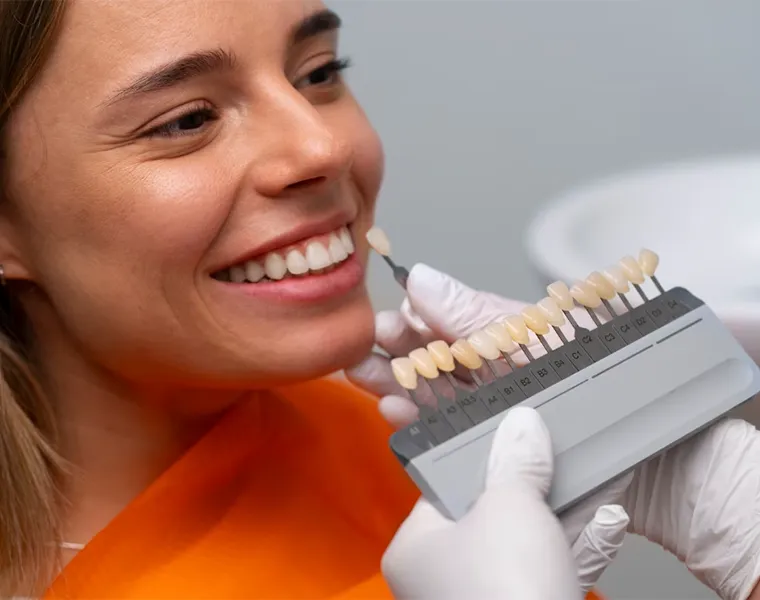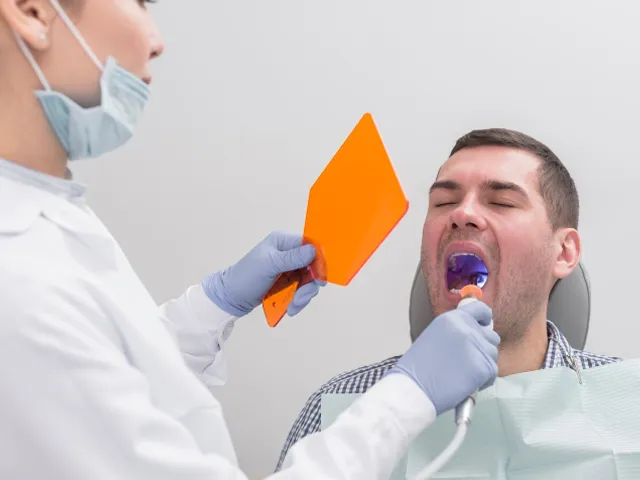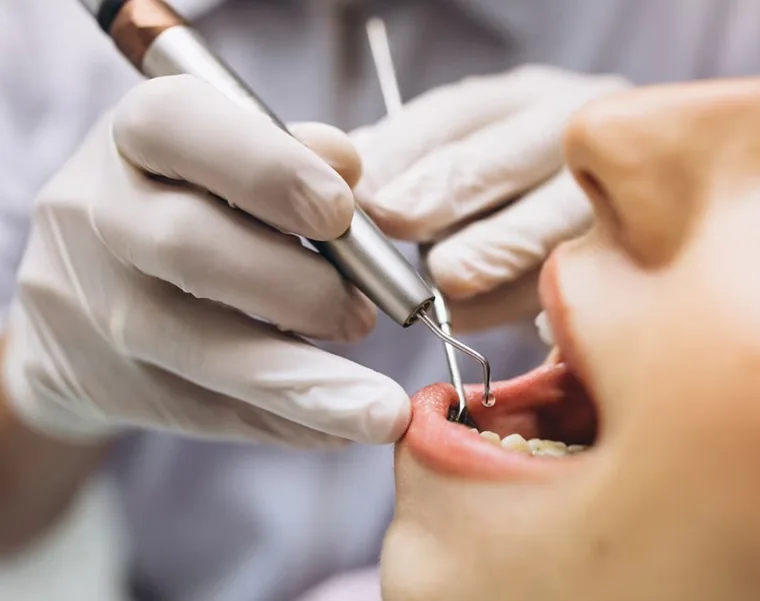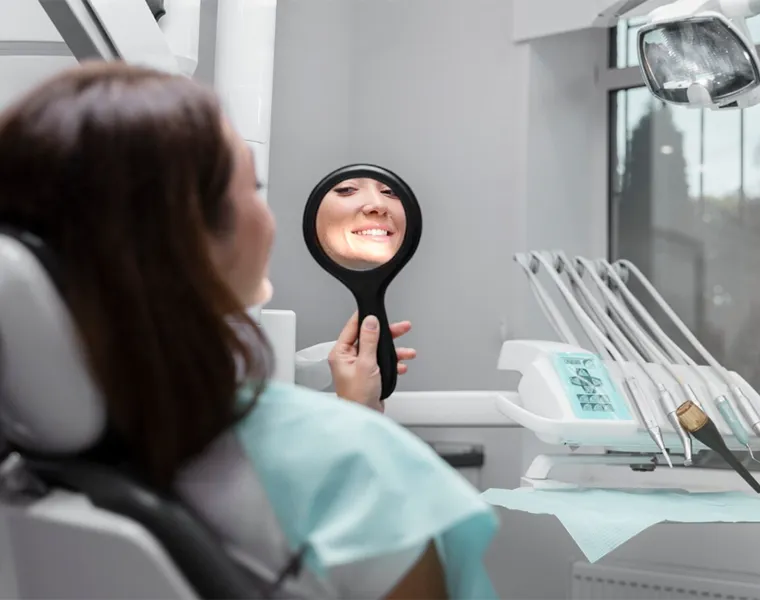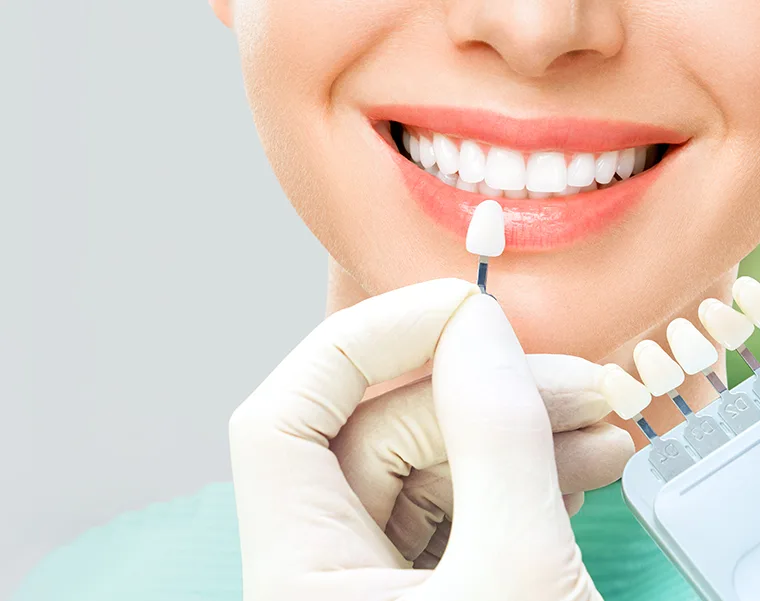Symptoms of wisdom teething usually occur in young adults and can vary from person to person. The most common symptoms include pain in the jaw area, swelling and sometimes difficulty eating. Because these teeth do not sit exactly in line with the jaw, they can put pressure on other teeth. Sometimes it can also cause gingivitis. Redness and tenderness around the gums are also common symptoms.
Symptoms of wisdom teething can also cause more generalized symptoms such as headaches and difficulty opening the mouth. If these teeth do not fully erupt from the surface, i.e. if they remain partially impacted or fully impacted, they can irritate the surrounding tissues. This can cause chronic pain. If these symptoms are experienced, a dental examination may be necessary. The dentist can evaluate the position of the tooth with X-rays and intervene if necessary.
How A Wisdom Tooth Erupts Symptoms?
The eruption of wisdom teeth usually occurs in young adults and is characterized by a variety of symptoms. This process can significantly affect your oral and dental health, so it is important to recognize and manage the symptoms. Wisdom tooth pain is usually felt at the very back of the upper and lower jaw and is often caused by inflammation and pressure on the gums.
Wisdom tooth symptoms can be listed as follows:
- Constant or intermittent gum pain
- Swelling in and around the jawbone
- Difficulty opening and closing
- Discomfort while eating
These symptoms are common during the process of eruption of impacted teeth. If the factors causing wisdom tooth pain persist and the pain becomes unmanageable, the best approach is to see your dentist. The dentist will assess the situation and intervene if necessary.
Early diagnosis and appropriate treatment are important to prevent long-term problems with your jawbone. Preventing pain and infection will help you maintain a healthy oral structure.

Why Does A Wisdom Tooth Erupt?
The question of why wisdom teeth erupt is another curious topic. In most people, these teeth appear between the ages of 17 and 25. However, there are a few points to consider about the main reasons for their eruption and the problems this process creates.
These teeth developed during the evolutionary process to provide extra chewing power, which helped our ancestors to consume harder foods. Today, however, the problem of enough space can prevent these teeth from lining up in a healthy way. Because modern people generally have smaller jaws, wisdom teeth tend to get stuck. This can lead to various problems, such as:
- Displacement or crookedness of other teeth
- Increased risk of pain and infection
- Injury and inflammation at the gums
Symptoms of wisdom teeth eruption include pain, swelling, tenderness around the jawbone and difficulty opening and closing. As these teeth erupt, the placement of the teeth in the jawbone becomes important. If the tooth does not fit properly, tooth extraction may be necessary.
As a result, the eruption of wisdom teeth is inevitable for many people. However, this process can be managed with modern dentistry and possible complications can be minimized. Regular check-ups and, if necessary, interventions are important to maintain dental health.
Where Does A Wisdom Tooth Grow?
Where do wisdom teeth erupt and what are the problems associated with these teeth? Wisdom teeth are molars that are located at the very back of the mouth and usually appear in young adulthood.
Some problems that may occur during the eruption process of these teeth are as follows:
- Impacted wisdom teeth may become unable to find a way out.
- There may be “severe pain” and risk of infection in the surrounding tissues.
- There is a potential for “tooth decay” and damage to surrounding teeth.
- Gingivitis may occur in your wisdom teeth and surrounding teeth.
Problems that wisdom teeth can cause to other teeth include tooth misalignment and other problems that threaten the overall health of the mouth. To learn more about the position and health of these teeth, it is very important to take an X-ray image of the tooth. X-rays are the best way to determine the placement of these teeth in the jawbone and possible complications.
If there are problems with wisdom teeth, the best step is to consult a dentist. The dentist will assess the condition of the tooth and recommend the most appropriate treatment. Thanks to these measures, it is possible to maintain dental and jaw health and minimize possible pain.
You can contact Libredent for detailed information about the wisdom tooth.
